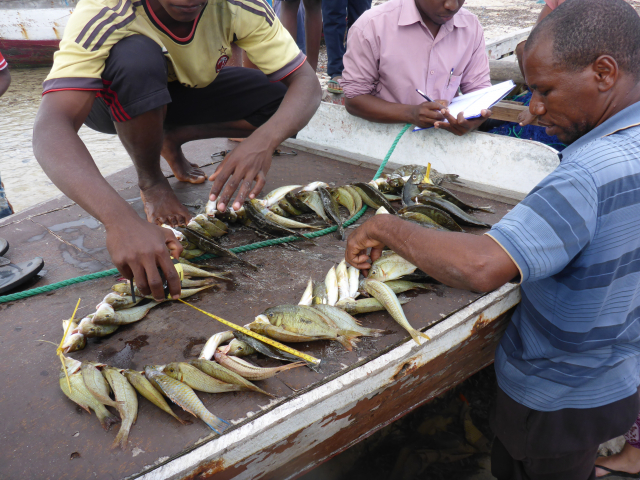20/11/2019 | The latest Editor’s Choice article from ICES Journal of Marine Science is a publication by Prof. Matthias Wolff´s working group “Resource Management” and other authors, in which the researchers test the limitations of methodologies used in data-limited fish stock assessments.
One of the most difficult problems in fisheries is to assess the status of fisheries that are data-poor or limited. Numerous data-limited length-based methodologies have been developed and applied to report on the regional status of fisheries across many stocks. While these methods use length-data as a primary input, estimates of stock status might vary due to differing model assumptions. The performance of these methods needs to be tested to determine which are the most accurate in different circumstances.
In their paper, “Performance evaluation of data-limited, length-based stock assessment methods", the authors tested these models by simulating large populations of individual fish and then comparing the model estimates against the actual status.
The results revealed the biases and imprecision of each method under various life history, exploitation, and recruitment scenarios. All methods have difficulties assessing short-lived species and are less accurate when analyzing severely overexploited and underexploited stocks.
This study highlights the importance of testing stock assessment methods under different scenarios to determine their strengths and weaknesses. Artisanal fisheries are difficult to monitor and thus, often data limited. The comparison and evaluation of suitable assessment methods for data-limited fisheries contributes to their sustainable management by shedding light on method limitations.
Publication
https://academic.oup.com/icesjms/advance-article/doi/10.1093/icesjms/fsz212/5621359





